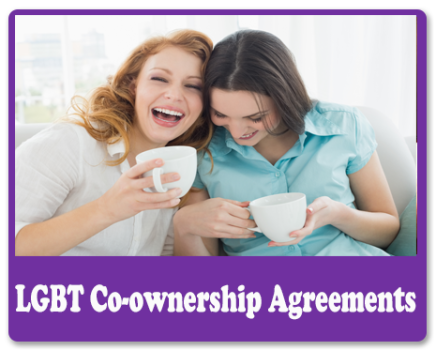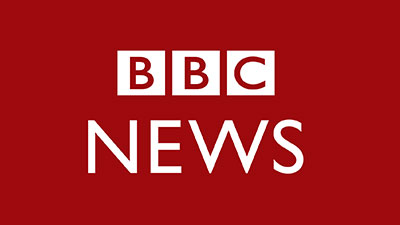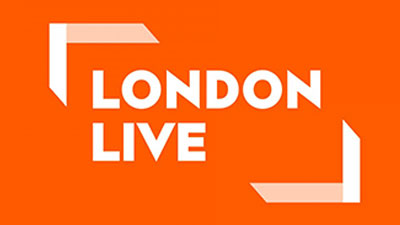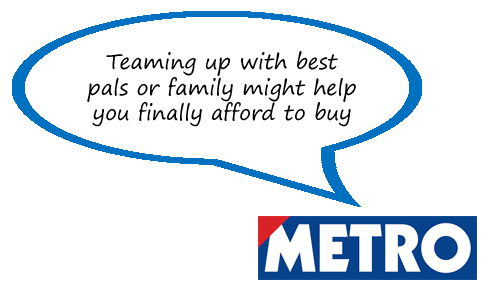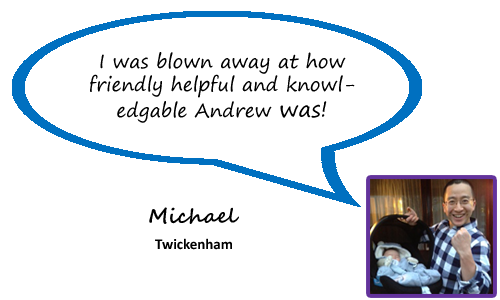A co-ownership agreement can help unmarried cohabiting members of the LGBT community protect their individual beneficial interests when sharing ownership of properties.
Although the LGBT community can access the automatic protections and rights of marriage and civil partnership when sharing property ownership, the vast majority of LGBT community members are unmarried. If a cohabiting relationship breaks down, disputes over property ownership can be very costly and stressful.
This can be avoided if LGBT cohabitees draw up a legally binding co-ownership agreement which sets down who owns what when sharing a property and which recognises all meaningful contributions to ownership.
Get a Co-Ownership Agreement – call 0333 344 3234
What's the problem?
When you marry or enter a civil partnership with someone, UK law views you as being joint tenants. If your relationship fails, the starting point for dividing your property is a 50/50 basis. Problems can arise, however, if you are not married or in a civil partnership.
People mistakenly think that if they cohabit together, the law views them as having a 'common law marriage' and that this gives them individual property rights if they split up. This is not the case.
Unwed cohabitees are classed as tenants in common with unequal shares in a property. The starting point for deciding who owns a home is who paid for the original deposit on the property on buying it. You may have moved into a property with someone and, for example, agreed that you make equal monthly repayments towards an outstanding mortgage, but the law in no sense recognises this if you split up.
How has this situation arisen?
UK law has developed around the idea that heterosexual married couples own property and has not kept up with changing social norms. Heterosexual marriage is on the decline; there are now only around 4 million families which are headed by a heterosexual married couple, this has fallen by around 300,000 in the last decade (Office of National Statistics).
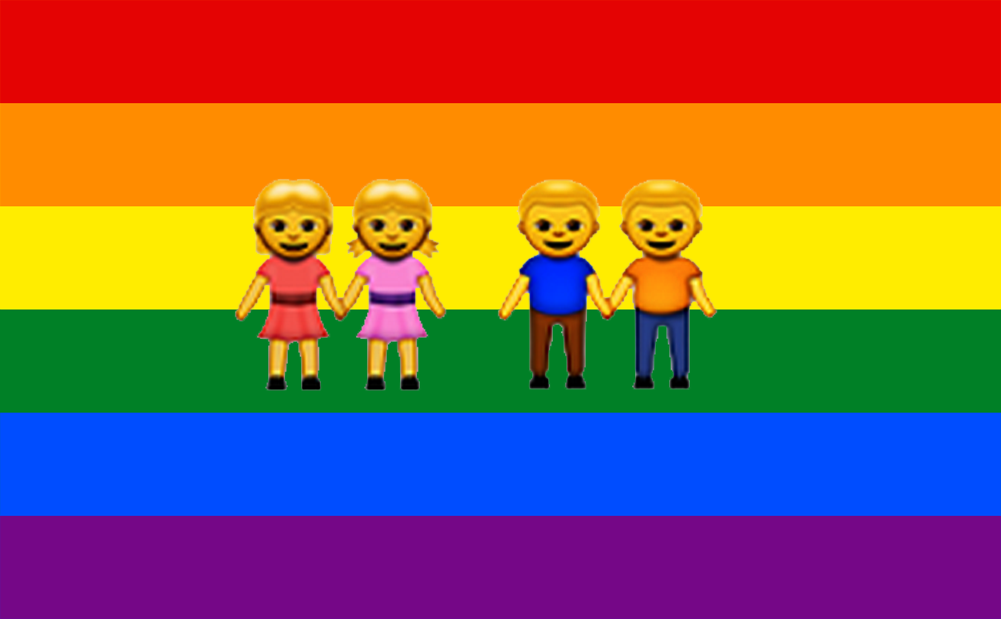 How does this affect the unmarried LGBT community?
How does this affect the unmarried LGBT community?
There are around 9,000 same-sex unmarried couple families in the UK and 75,000 same-sex cohabiting couples without dependent children, the latter showing a 25% increase in a decade.
The number of LGBT cohabitees who do not publicly report as LGBT can only be guessed at, but given that social stigma about non-heterosexuality still exists, the figure is likely to be significant.
It is likely that many cohabiting couples in the unmarried LGBT community do not know that UK law grants no automatic property rights to both partners in the event of a break-up but also do not realise the huge costs and stress that accompany going to court to fight for a fair financial split.
What's the solution?
Cohabiting LGBT couples can draw up a legally binding co-ownership agreement to protect their individual contributions towards a property. They should ideally do this before they move in together but this can be done at any point.
A robust co-ownership agreement will centre on a Declaration of Trust – this sets down who owns what and how this is calculated. It may be, for example, that you have not paid anything towards an initial deposit on a house but you may agree to pay equal monthly mortgage repayments. These repayments are recognised and will, as time progresses, give you an increasing percentage of beneficial ownership of a property.
The best agreements are bespoke, meaning that you might decide that contributions towards weekly food shopping etc. are recognised. This is fine if you both agree. The main point is that if your relationship fails, your fair contributions are recognised in law.
This is unromantic. I don't want to think of my relationship failing. Why do this?
It is natural to think this. However in individual matters, the head should rule the heart and, as cliché as it sounds, things can go wrong despite the best intentions.
More positively, preparing a co-ownership agreement can help a relationship. It makes both partners think clearly about their union and what they expect out of it. You may even envisage amicably separating in a few years' time.
You can even agree house rules if you like – some people love smoking, some people think it's foul; this is also the case with, for example, the keeping of pets. You can also draw up an inventory so there's no disputing ownership of particular items if you split up.
Where can I get a co-ownership agreement that's suited to a cohabiting LGBT couple?
Share a Mortgage has formulated Shared Ownership Protection as the market-leading bespoke co-ownership agreement. You can tailor your version to suit your exact requirements.

